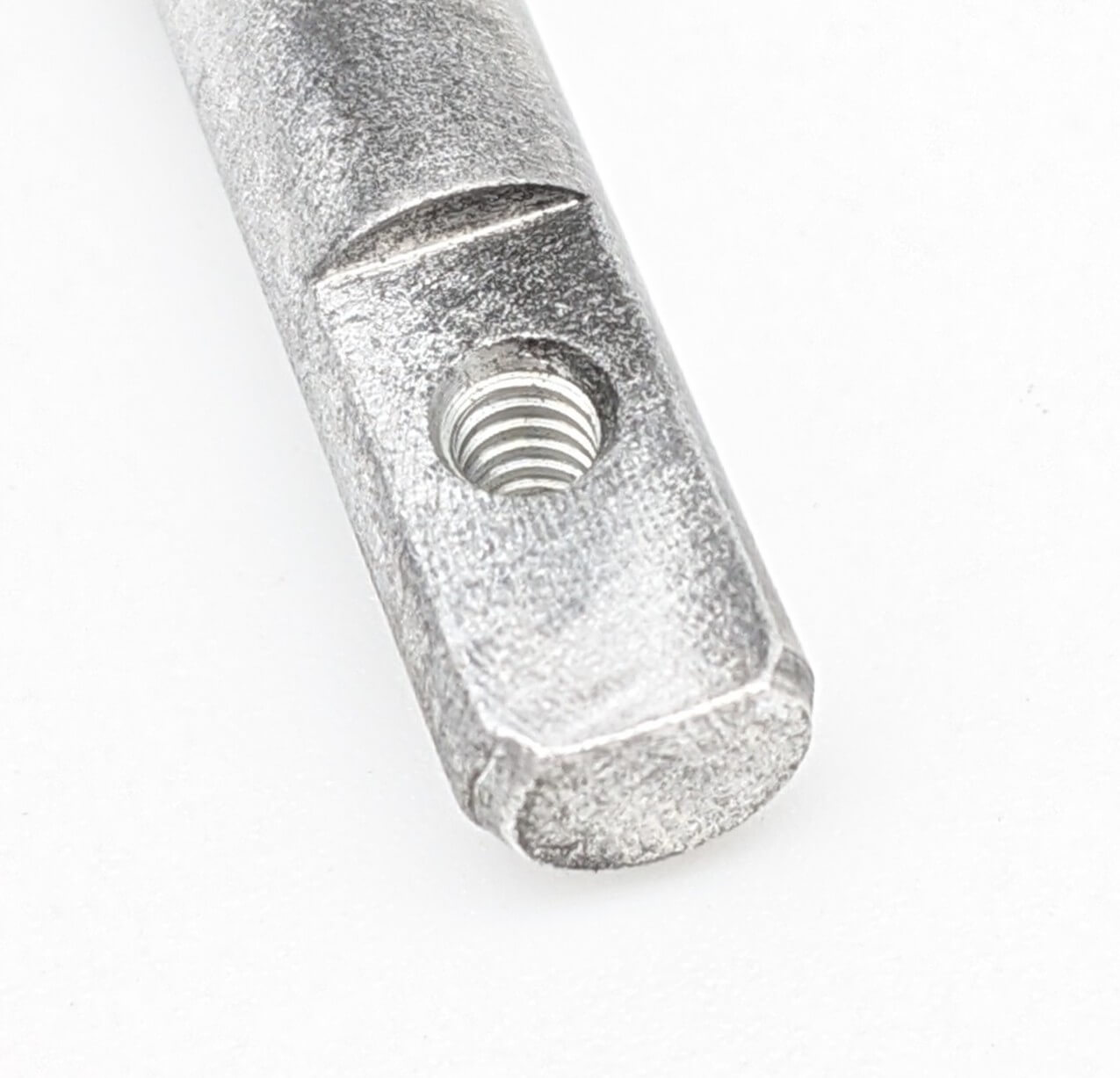Get unique, complex parts easily. No matter your requirements, Chaoyi Spring creates hard-to-produce coil springs and wire forms.
Let us help you create the custom wire form you need, from S-hooks and J-hooks to utility hooks and more.
We work closely with customers across a wide range of industries, helping them design and manufacture made-to-order parts.
Why choose Chaoyi Spring? We prioritize customer-focused collaboration, modern equipment and the latest technology to make your parts per print.
Find the information and guidance you need, from measuring a spring to learning about materials, placing an order and much more.
Choosing the right springs for your garage door is crucial for its safe and efficient operation. Garage door springs come in two main types: torsion springs and extension springs. Both


Choosing the right springs for your garage door is crucial for its safe and efficient operation. Garage door springs come in two main types: torsion springs and extension springs. Both types have their pros and cons, and understanding these differences can help you make an informed decision for your specific needs. This article will delve into the workings of both types of springs, comparing their features, benefits, and drawbacks, so you can determine which option is the best fit for your garage door.

Torsion springs, known for their robust construction, are typically found on modern, heavier garage doors. These powerful springs are coiled around a shaft, usually located above the garage door opening, and are responsible for counterbalancing the weight of the door. As the door opens, the torsion spring unwinds, providing the necessary force to lift the door effortlessly.
The benefits of torsion springs are numerous. They offer:
• **Superior Lifting Power:** Their design allows for a greater lifting force, making them ideal for heavier doors. You'll likely find torsion springs on double-car garage doors and doors with extra insulation.
• **Smoother Operation:** The smooth, controlled unwinding of the spring results in a quieter and more consistent door operation.
• **Increased Durability:** Torsion springs are generally more durable than extension springs, with a longer lifespan and less frequent replacement needs.
• **Enhanced Safety:** The fact that torsion springs are enclosed in a housing reduces the risk of accidental contact and injury, which is especially important for homeowners with children or pets.
However, there's always a flip side. Torsion springs, while powerful, also come with certain considerations:
• **Installation Complexity:** Installing torsion springs requires professional expertise, as they are under high tension and can be dangerous to handle without proper training.
• **Higher Initial Cost:** Torsion spring systems tend to be more expensive upfront than extension spring systems.
Extension springs are typically used on older or lighter garage doors. Unlike torsion springs, extension springs are located on the sides of the door, extending and contracting as the door moves. The springs are connected to the door and the track system using cables and pulleys.
Extension springs offer several advantages:
• **Easy Installation:** These springs are relatively simple to install and are often a DIY-friendly option.
• **Lower Initial Cost:** Extension springs are generally cheaper to purchase and install than torsion springs.
• **Compact Design:** Their smaller size and placement on the side of the door take up less space.
However, there are also some drawbacks to consider:
• **Less Lifting Power:** Extension springs have a lower lifting capacity compared to torsion springs, making them unsuitable for heavier doors.
• **Noisier Operation:** The extension and contraction of the springs can create a more noticeable noise during operation.
• **Safety Concerns:** The exposed springs can be a safety hazard, posing a potential risk of injury if mishandled or touched.
• **Shorter Lifespan:** Extension springs typically have a shorter lifespan than torsion springs, needing more frequent replacements.
The best choice of spring type depends on your specific garage door setup and needs. Here are some factors to consider:
• **Door Weight:** Heavier doors require the superior lifting power of torsion springs. Lighter doors can be adequately supported by extension springs.
• **Door Size:** Large, double-car garage doors often benefit from the strength and durability of torsion springs.
• **Budget:** Extension springs are the more affordable option upfront, while torsion springs may offer long-term cost savings due to their longer lifespan.
• **Safety Considerations:** Torsion springs provide a safer environment due to their enclosed design.
• **Installation Expertise:** If you plan to install the springs yourself, extension springs are easier to work with. However, for torsion springs, professional installation is highly recommended.
Ultimately, consulting with a professional garage door technician is the best way to determine the most suitable spring type for your specific needs. They can assess your door, weigh the factors discussed above, and provide expert advice to ensure you make the right choice.
Deciding between torsion and extension springs for your garage door can seem daunting, but with the right information and considerations, you can make an informed decision. Remember, both types have their own advantages and drawbacks, and the best choice depends on your door's characteristics, your budget, and your priorities. Don't hesitate to seek expert advice to ensure you choose the optimal springs to keep your garage door operating smoothly and safely for years to come.
Browse some of the custom wire forms and springs that we manufacture. Don’t see what you need? We specialize in made-to-order products that meet your application requirements.
Visit Our GalleryNeed a custom wire form or coil spring? We make it work. Fill out the contact form and a representative will respond within 1 business day. If you have a PDF or CAD file, you can submit to request a quote.